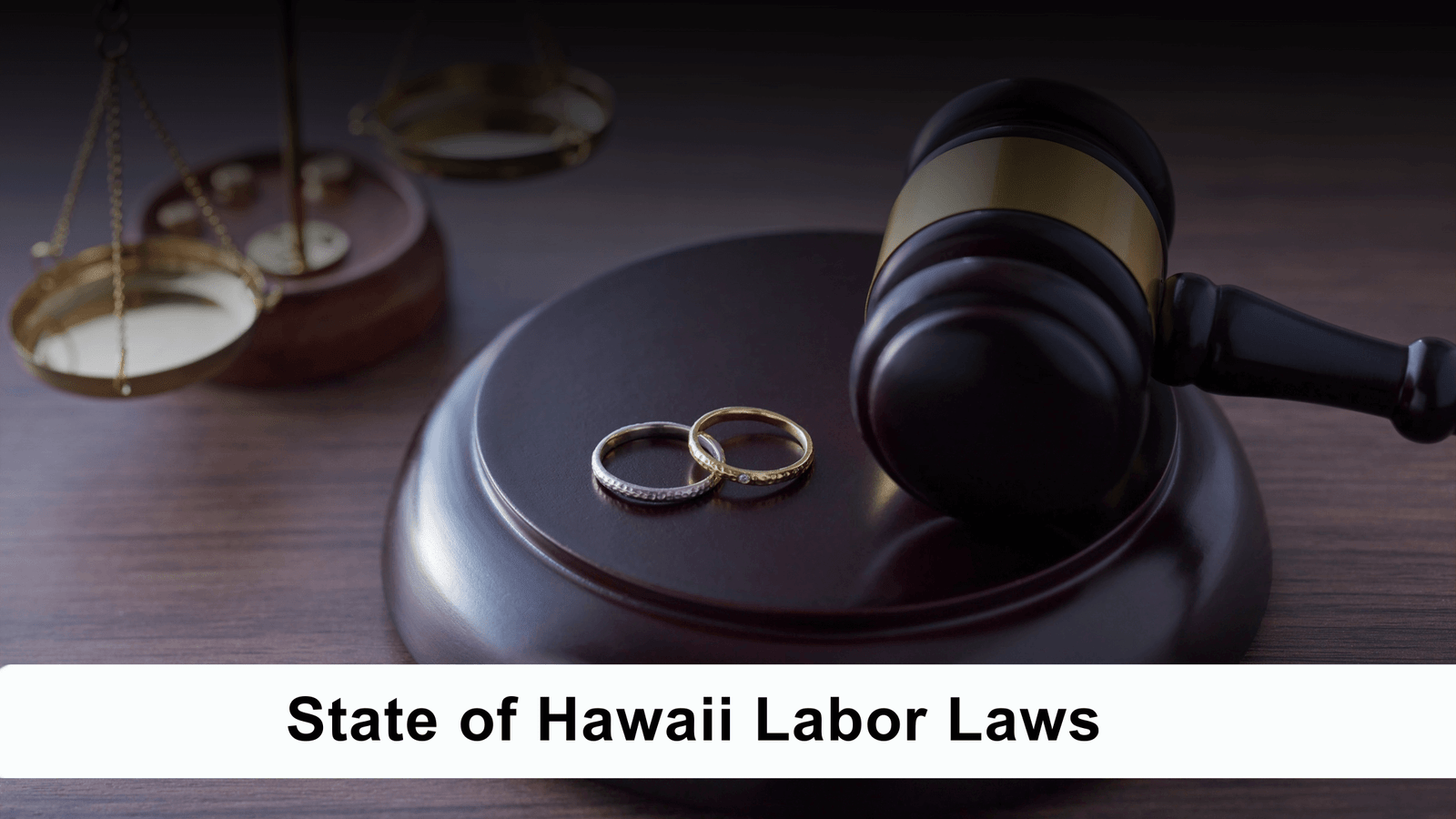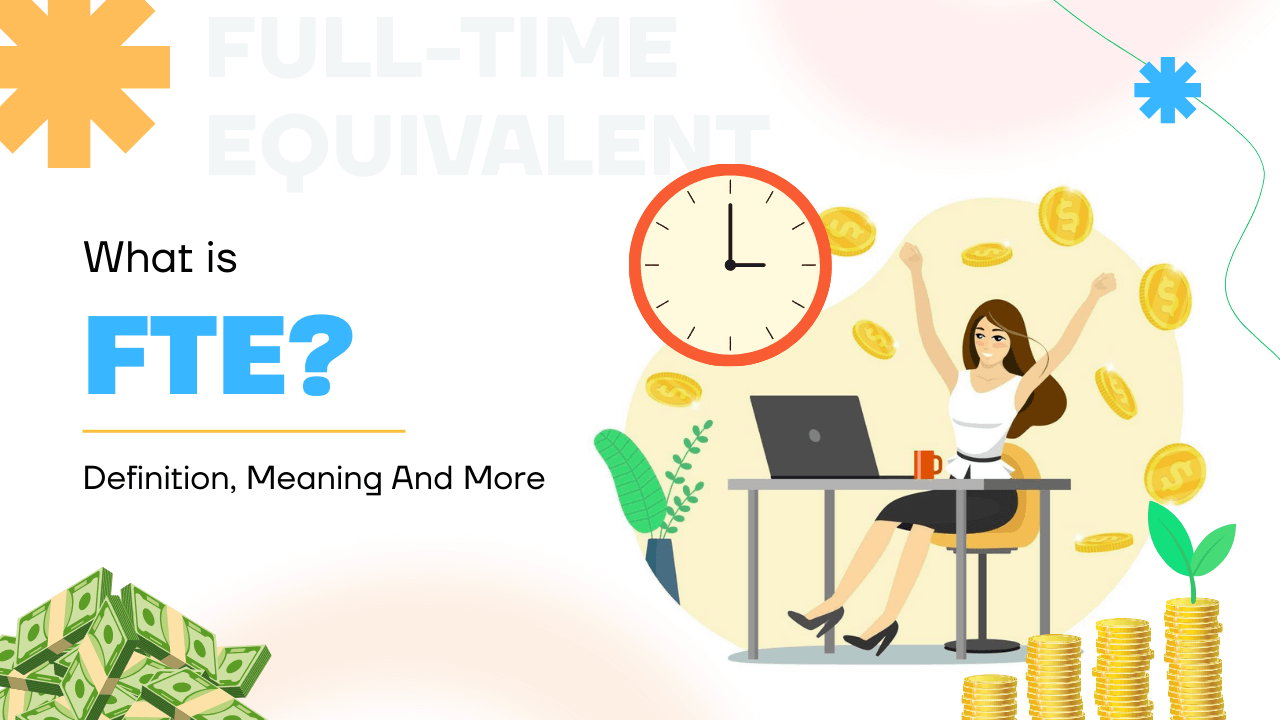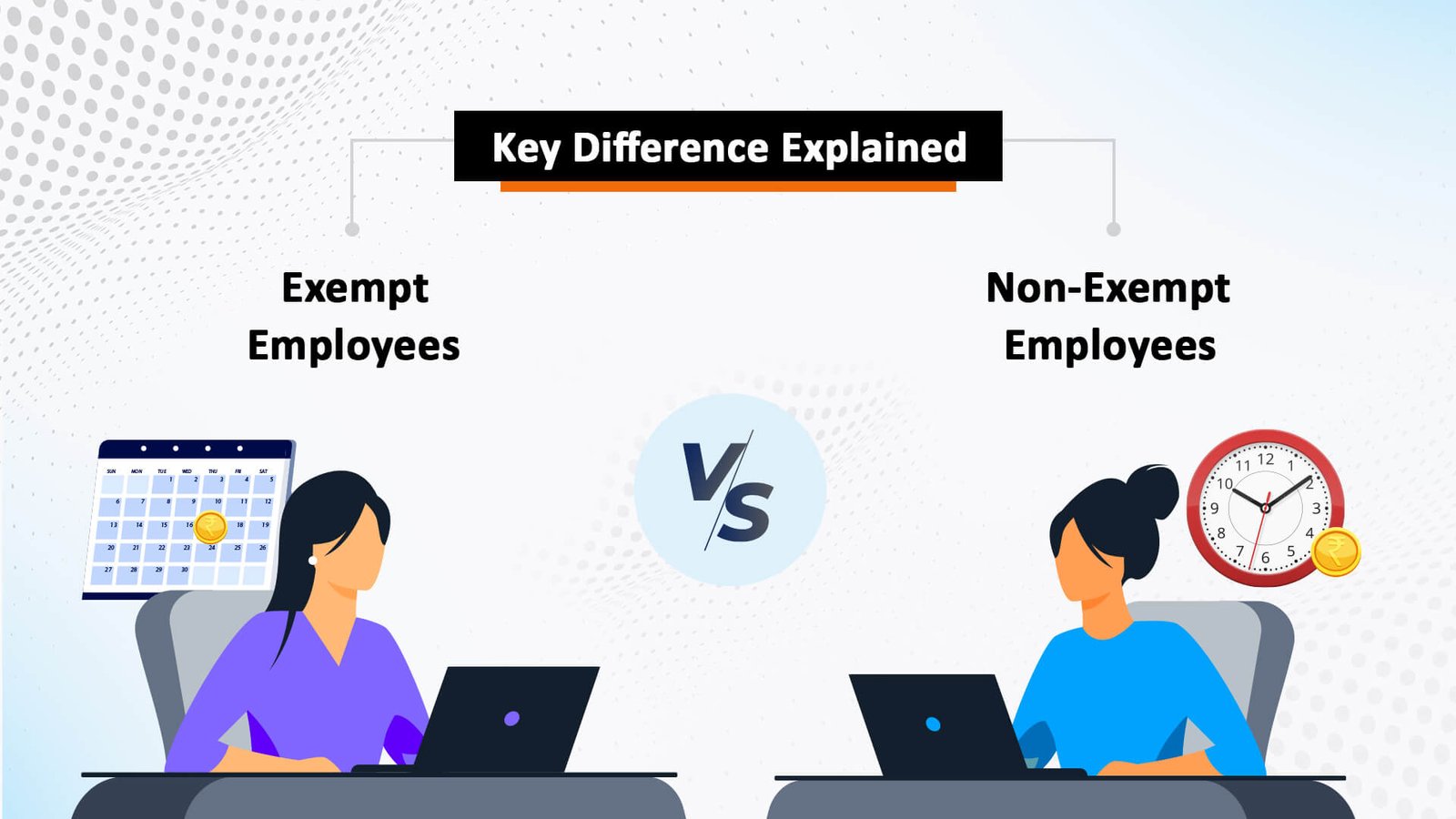Hawaii is known as a progressive, worker-friendly state that provides strong protections related to wages, workplace safety, and discrimination. If you’re hiring in Hawaii, it’s crucial to understand and follow all applicable labor laws to ensure compliance and avoid penalties.
Hawaii labor laws are essential as they protect employees from unsafe working conditions and establish clear guidelines for the employer-employee relationship. In the U.S., businesses must comply with both federal laws, such as the Fair Labor Standards Act, and state-specific regulations.
Standard Working Hours
The State of Hawaii labor laws involve meeting both federal and state standards. Employers are subject to the Fair Labor Standards Act (FLSA), which is the federal law for minimum wage, overtime, and other wage standards. State labor compliance is managed by the Hawaii Department of Labor and Industrial Relations (DLIR), such as a continuous rise in the state minimum wage for equitable payments for all laborers.
Minimum Wages
As of 2025, Hawaii’s statewide minimum wage is $14.00 per hour. This rate applies uniformly across all counties, as state law prohibits local governments from setting their own minimum wage ordinances.
Unlike a few other states, Hawaii prohibits a lower minimum wage for youth or training workers.
Overtime Laws
Hawaii overtime laws are generally consistent with the federal Fair Labor Standards Act (FLSA). Non-exempt employees are entitled to overtime pay at 1.5 times their normal hourly rate for all time worked in excess of 40 hours in a workweek under state and federal law.
Some exemptions exist in accordance with federal regulations. Executive, administrative, and professional workers who pass the Duties Test and salary test are not qualified for overtime.
Unlike other states, Hawaii does not mandate daily overtime for the majority of workers. The only exception is that of public construction workers, who should receive overtime for any work over 8 hours per day and all work on weekends and state holidays.
Tipped Minimum Wages
As per Hawaii labor laws for salary employees, employers are allowed to apply a tip credit of 75$ per hour. However, this is only permitted if the employee earns at least $7.00 per hour in tips above the state minimum wage. When this requirement is met, the employer may pay a reduced direct wage of $13.25 per hour.
Meal And Rest Breaks
Hawaii labor laws breaks rules are limited, with specific provisions mainly for minors. For adult employees, the state does not require employers to provide meal or rest breaks. Employers may choose to offer them, but if a break is less than 20 minutes, it must be counted as paid time under federal law. Breaks of 30 minutes or more must fully relieve the employee of duties to be unpaid.
Leave Laws
Unforeseen circumstances can happen at any moment; an employee can fall ill, need to attend to a family member, or deal with a medical condition.
On the federal level, the Family and Medical Leave Act (FMLA) offers eligible employees as much as 12 weeks of unpaid, job-protected leave in 12 months.
Also, the Hawaii Department of Human Resources and Development (DHRD) provides leave under the Hawaii Family Leave Law for eligible state employees.
Eligible employees are entitled to up to four weeks of unpaid leave annually for:
- Birth or adoption of a child.
- Care for a spouse, parent, or reciprocal beneficiary.
As far as paid leave is concerned, Hawaii does not require vacation or sick leave for employees in the private sector.
Child Labor Laws
According to Hawaii child labor laws, the general minimum age is 14 years old. Kids as young as 10 can work in specific agricultural jobs, like picking coffee.
Proper documentation must be obtained by all minors who are below the age of 18 before employment begins:
- Age 14–15: Must have both school and parent approval through a Certificate of Employment.
- Ages 16–17: Only a Certificate of Age.
These requirements allow young workers to be employed safely and in accordance with state law.
Work Hour Restrictions for 14 and 15-Year-Olds in Hawaii
| Period | Permitted Work Hours | Maximum Hours |
| School Year | Employment can be arranged from 7:00 AM to 7:00 PM. | A maximum of 3 hours a school day and 18 hours a school week. Minors are not allowed to work more than 6 consecutive days. |
| Summer Break & Holidays | Employment can be arranged from 6:00 AM to 9:00 PM. | A maximum
of 8 hours a day and 40 hours a week. |
Employee Compensation & Paycheck Laws
In Hawaii, employees must be given a detailed statement of pay by the employer each pay period, either in writing or electronically. The statement needs to include hours worked, gross wages, deductions, and net pay. Employers not complying with these payday rules could be subject to penalties, particularly if wages are withheld after an employee has left the business.
Hawaii Final Paycheck Laws
An employee’s final paycheck in Hawaii varies based on the reasons for separation:
- Resignation with Notice: Where an employee provides a minimum of 1 pay period’s notice, the last paycheck is required to be issued on their final working day.
- Termination or Layoff: The employer has to pay the final wages immediately when discharged or, at most, on the next working day.
- Resignation without Giving Proper Notice: The employer also enjoys more flexibility, and final wages can be paid on the subsequent regular payday or within 7 days, whichever is later.
Taxes In Hawaii
Hawaii’s tax system has several unique features that distinguish it from other states. For individuals, the state uses a graduated income tax, with rates ranging from 1.4% to 11% depending on income level. This means higher earners pay a larger percentage of their income in taxes.
Searching Smarter Way to Create Paystubs?- Check Stub Creator
Processing payroll is a challenging process for small businesses as well as individuals. Miscalculation, lack of deductions, or confusing paycheck information normally results in frustration and confusion.
A free paystub generator eliminates this hassle by producing precise and professional paystubs at the touch of a button. This not only saves time but also gets rid of human errors, making payroll quicker, simpler, and more dependable.
A paystub generator equates to easier payroll management, increased transparency, and utter confidence in each paycheck. Employers can make their procedures easy, and workers can have peace of mind with transparent, precise records of income.
Curious Minds Also Ask
What are the labor laws in Hawaii?
There are some laws that are made to protect employees from certain types of things. These laws help to get updated with minimum wage, overtime, child labor, and all.
How long can you work without a break in Hawaii?
Adult workers are not required to have rest or meal breaks under Hawaii labor laws breaks.
Can you work 7 days in a row in Hawaii?
Yes, you can work 7 days in a row in Hawaii, except for being limited by a contract or union deal.
How many hours can a 17 year old work in Hawaii?
There are no particular hour restrictions aside from school hours.
What is considered wrongful termination in Hawaii?
The termination based on retaliation, discrimination, or contract breach is wrongful.
Is 32 hours considered full-time in Hawaii?
35–40 hours is generally considered full-time in Hawaii; so 32 hours is considered part-time.
What is the minimum wage in Hawaii?
$14.00 an hour is considered minimum wage in 2025.
What is the age of consent in Hawaii?
In Hawaii, the age of consent is 16 years old.
Are lunch breaks mandatory in Hawaii?
Lunch breaks are only considered for minors after 5 consecutive hours.
What is Hawaii’s minimum wage in 2025?
$14.00 an hour is considered minimum wage in 2025.
How long can an employer not pay you in Hawaii?
Employers need to pay you within 7 days in Hawaii.
Is Hawaii an at-will state?
Yes, Hawaii is an at-will state.
Is holiday pay mandatory in Hawaii?
No, Holiday pay is not mandatory in Hawaii.
How many hours do you have to work to get benefits in Hawaii?
No law provides benefits for certain hours of work. But it varies with the employer.
What is the legal drinking age in Hawaii?
21 years of age is the legal drinking age in Hawaii.
Is paid sick leave required in Hawaii?
No, paid sick leave is not required in Hawaii.
FAQ's
What is the minimum wage in Hawaii for 2025?
+
Hawaii’s minimum wage in 2025 is $15.50 per hour for most employees, with some exceptions for tipped workers.
How many hours can an employee work before overtime applies?
+
Overtime must be paid at 1.5 times the regular rate for any hours worked over 40 in a workweek.
Are meal and rest breaks required in Hawaii?
+
Hawaii law requires a 30-minute meal break for shifts over 5 hours, and employers must provide reasonable rest breaks.
What protections exist against workplace discrimination?
+
Hawaii law prohibits discrimination based on race, gender, age, religion, sexual orientation, disability, and other protected characteristics.





